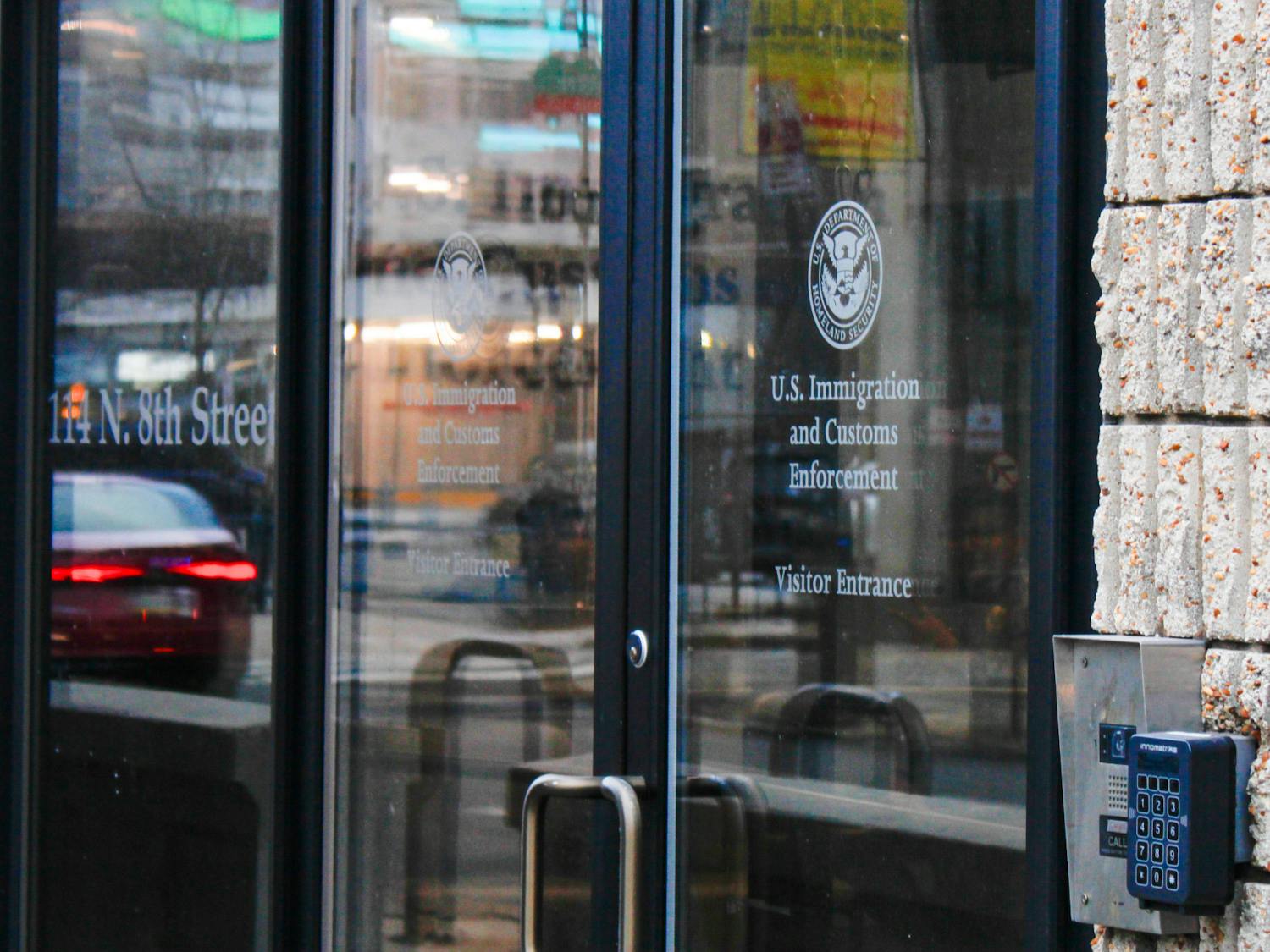Last summer, The Daily Pennsylvanian reported on how the Penn community adapted Academically Based Community Service (ABCS) courses for the fall semester. Now, with the spring 2021 semester fast approaching, we seek to reflect on the experiences of current ABCS students in order to consider a question for the future: Where do Netter Center activities — including ABCS courses and student programming — fit into the Penn student experience and long-term commitments to the community at large?
As students continue into a third semester of remote coursework, the members of the Netter Center Student Advisory Board (NSAB) are resolute in the belief that ABCS courses are crucial to a Penn education. If we truly believe that “work begins at home,” it is our responsibility as students to not only participate in one-time volunteerism, but commit ourselves to sustainable, mutually beneficial, and community-centered partnerships.
Since the establishment of the Netter Center for Community Partnerships in 1992, ABCS courses have been a cornerstone of Penn’s strategy to engage with West Philadelphia. Along with the Netter Center’s myriad school and community-based programs, ABCS courses are part of a research-driven strategy for University-community partnerships.
This research was outlined in Knowledge for Social Change, co-written by Penn faculty and staff members such as Dr. Ira Harkavy, the associate vice president and founding director of the Netter Center.
In it, readers learn that the ethos behind ABCS courses — developing socially beneficial and immediately impactful knowledge — goes back to the very beginning of Penn. In Penn’s introductory charter by Benjamin Franklin, our founder stressed that “an Ability to serve Mankind … should indeed be the great Aim and End of all Learning.” The approach governing ABCS courses is one of the oldest Penn traditions.
“ABCS courses allow students to utilize their Penn education for the social good, democratically engaging with stakeholders to identify and help solve locally manifested problems. These issues are always significant challenges, but have been severely exacerbated these past several months due to the pandemic,” said Academically Based Community Service Coordinator Faustine Sun. Although fall 2020 has marked the first fully remote semester at the University, complicating the direct community service framework, members of the Penn community were still able to uphold Benjamin Franklin’s “Aim and End of all Learning.”
With Penn’s coursework remaining virtual this spring, we believe that ABCS courses should continue to be civic-minded, democratically formed experiences for students, instructors, and community members. This means creating an environment keenly aware of both Penn’s history with Philadelphia and the content related to the course, one that looks out for the well-being and voice of all stakeholders, and one in which Penn is a participating — not dominating — partner in the conversation about West Philadelphia’s future.
One relationship to be improved upon lies in the extensive opportunities for Penn students to mentor youth in University-Assisted Community Schools. Engagement with the West Philadelphia community through one-and-done opportunities leads to completely new volunteers and tutors every semester. Such a turnover rate can negatively impact student achievement. That is why we must develop long-term, sustainable partnerships with the community.
While we encourage Penn students to participate in meaningful civic engagement experiences, we also recognize that semester-long — or even year-long — ABCS courses produce only a fraction of the impact that our community deserves. The University has made a stride in the right direction with the $100 million gift to the School District of Philadelphia, but each member of NSAB believes that Penn needs to make a more sustainable commitment to the city in which it resides. Penn student participation in ABCS courses and other Netter programs is integral to building meaningful relationships with the West Philadelphia community, but the University has the power to do much more. We encourage Penn to employ its full range of institutional and academic resources to better serve and collaborate with West Philadelphia. This includes, in our judgment, not just paying Payments in Lieu of Taxes, but also mobilizing all of Penn’s academic departments across the 12 schools to enhance academic-community partnerships with West Philadelphia, whether it be by conducting participatory action research or creating more ABCS courses.
As we draft our schedules for the spring 2021 semester, we will advocate for Penn to make a greater effort toward comprehensive, institution-wide sustained community partnerships, and to encourage students to enroll in ABCS courses. The value of these courses is multifaceted; many ABCS courses can be integrated into sector requirements and Foundational Approaches, as well as requirements for graduate students in the nursing, law, and education schools. More importantly, however, ABCS courses also pave the way for a prolonged impact on West Philadelphia, Penn, and students.
The Netter Center Student Advisory Board works to increase Penn student involvement in the operation and strategic planning of the Netter Center. Members are closely engaged in Netter programming and represent a majority of Netter Center-led initiatives.









